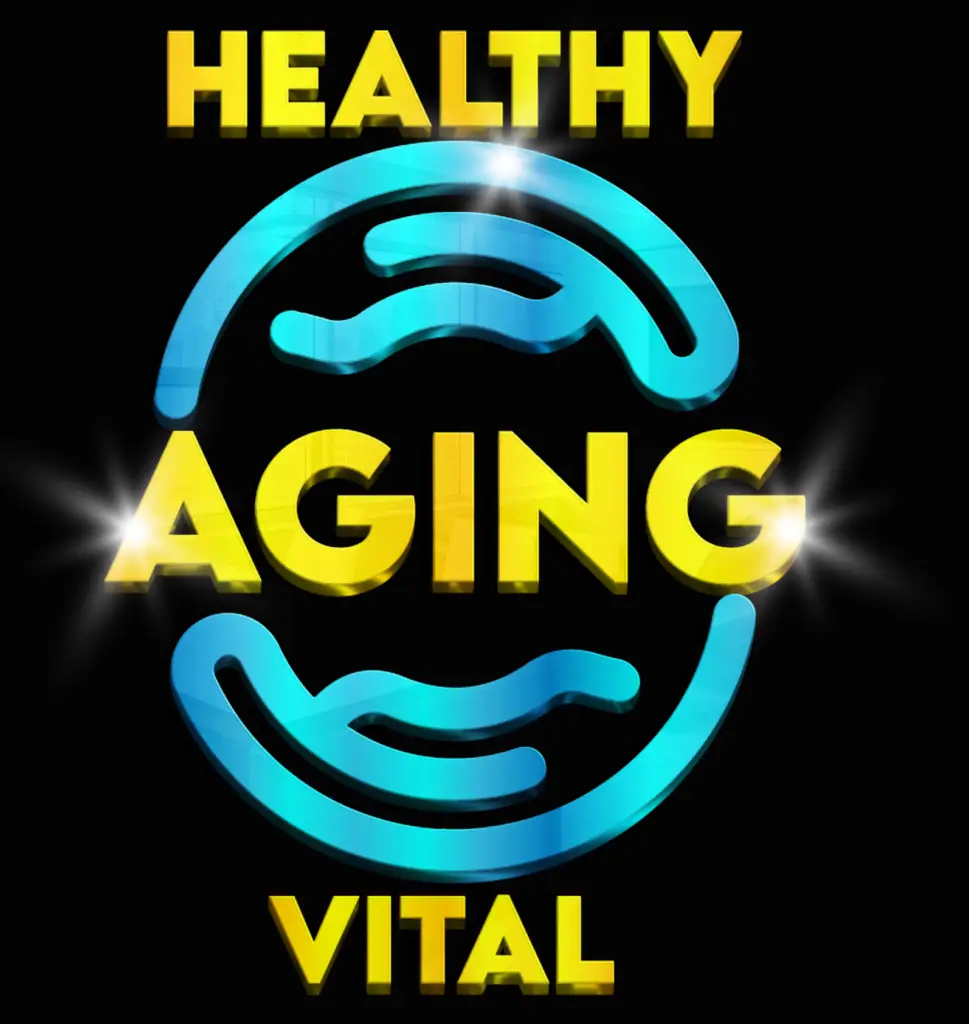Introduction
In our ongoing commitment to inform you about the latest developments in Healthy Aging, we present the latest groundbreaking research by biologist David Sinclair.
His research paper, “Chemical Reprogramming for Reversing Cellular Aging,” delves into the intriguing subject of aging and its potential reversal. While we’ve tried to simplify the technical jargon, you can access the full paper by Clicking Here.

About David Sinclair
David Sinclair is a 53-year-old biologist who has made a name for himself in genetics, aging, and epigenetics. He currently holds a professorship in genetics at Harvard Medical School, where his research revolves around the biology of aging. Recognized as one of Time100’s Most Influential People in the World, Sinclair’s work has gained global attention. He’s also authored the New York Times Best Seller book, “Lifespan.” He holds 35 patents, in addition to co-founding several biotech companies.
Groundbreaking Discovery
The team of scientists, led by David Sinclair at Harvard Medical School, has unveiled a novel approach in the battle against aging and age-related ailments. This groundbreaking research represents the first chemical approach for reprogramming cells to a more youthful state.
Their findings reveal that within each cell exists a backup copy of epigenetic information. This information can now be accessed and manipulated using a chemical approach to reverse the aging process. The exciting discovery indicates that aging cells can reset their biological age by restoring earlier gene patterns while maintaining their cellular identity.
The CDC defines epigenetics as the study of how behaviors and environmental factors can induce changes affecting gene function. Unlike genetic alterations, epigenetic changes are reversible and don’t alter the DNA sequence itself. However, they can influence how the body interprets a DNA sequence.
According to Sinclair and his Harvard team’s “Information Theory of Aging,” the loss of information within the epigenome is the fundamental cause of aging.
The study demonstrated that a combination of drugs administered to mice could effectively reverse the aging process. This treatment not only rejuvenated the skin but also revitalized muscles and vital organs in a remarkably short timeframe. Over the course of three years, mice receiving a regimen of six distinct “chemical cocktails” exhibited the reversal of key aging markers.
Implications in Simple Terms
The implications of this groundbreaking discovery in the field of aging reversal are profound. It opens doors to regenerative medicine and the potential for full-body rejuvenation. This research could revolutionize the treatment of aging, injuries, and age-related diseases. Following promising results in reversing blindness in monkeys in April 2023, preparations for human clinical trials involving the lab’s age-reversal gene therapy are already underway.
The message is clear: Aging is not inevitable; no law says we must age. Aging is not simply the gradual wear and tear of the body; it’s a loss of genetic information. This research suggests that we have the potential, through epigenetic modifications, to reverse aging, rejuvenate our brains, and recover lost memories.
This groundbreaking discovery offers the potential to reverse aging with a single pill, with applications ranging from improving eyesight to effectively treating numerous age-related diseases. The pill’s components include a range of molecules, among them valproic acid, a drug utilized for seizure management, migraine, and mood disorders, and a drug used for cancer with anti-aging properties.
David Sinclair, who claims his biological age is a decade younger than his chronological age, swears by four key habits that he believes have significantly impacted his lifespan and will help him lead a longer life:
- A plant-based diet and cutting out alcohol.
- Practicing intermittent fasting
- Reducing stress
- Engaging in regular exercise

